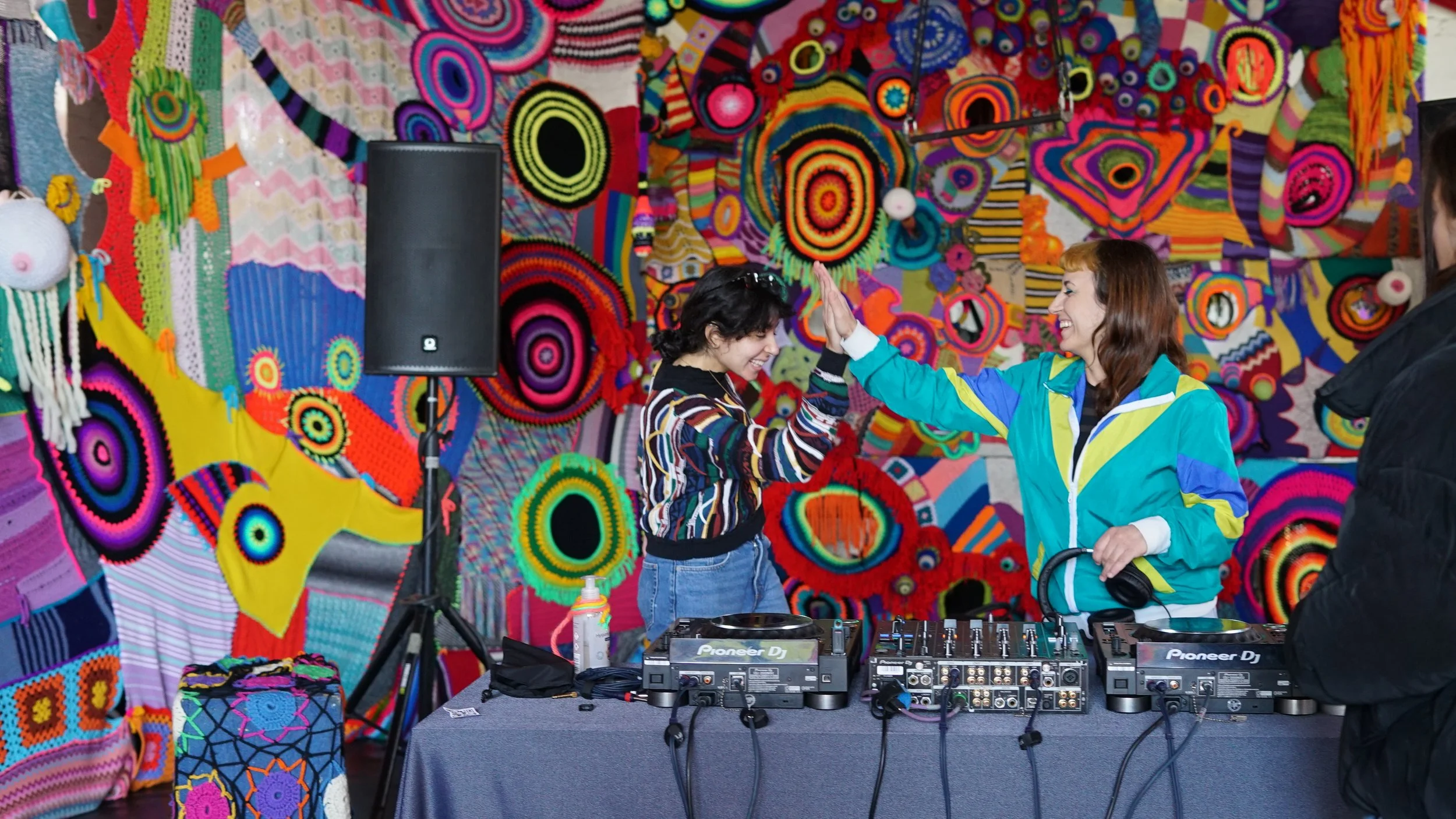International Perspectives:
EDucation in the Music Industries
Education in music includes education at all levels, whether schools and universities, through professional training and courses. Knowledge in the music industry is acquired through access, practice, and resources. Therefore there is a need to understand and create more resources around how different fields within the music industry operate, how the finances within them work, and how gender diversity, equity, intersectional inclusion and accessibility can fit within the mosaic of structures that is much needed for the advancement of the music industry.
Access is the integral first step, where influence ranging from financial constraints, cultural expectations, geographical barriers, gender representation and all other identity intersections, can facilitate or hinder progress in the music industry (and, of course, society at large). And so we are excited to bring you the latest instalment of International Perspectives with Tia Korpe (Founder, Future Female Sounds) who brings introspection from a lived professional experience of the DJ world, working with emerging talent across the world. We delve into how working in international networks also provides crucial steps to access, finding collaborations that drive change, and how this interconnects with institutional bodies, policy and advocacy, alongside the music industry.




